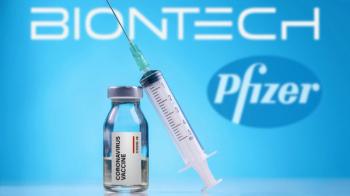
Pfizer-BioNTech asked the FDA for Emergency Use Authorization to administer its COVID-19 vaccine to children 6 months-5 years of age, despite evidence that 2 vaccine doses may not be enough to elicit the desired immune response.

Pfizer-BioNTech asked the FDA for Emergency Use Authorization to administer its COVID-19 vaccine to children 6 months-5 years of age, despite evidence that 2 vaccine doses may not be enough to elicit the desired immune response.
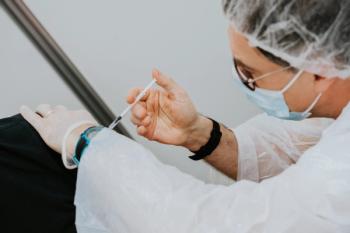
Health care workers in Taiwan who were previously infected with SARS-CoV-1 showed a more robust antibody response to the AstraZeneca COVID-19 vaccine, a new study found.

Backed by solid data, clinicians can work to overcome vaccine hesitancy due to fears about negative pregnancy outcomes.
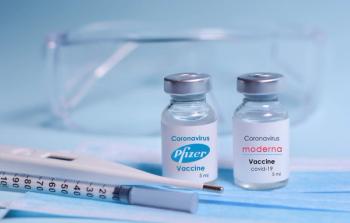
Moderna recipients were less likely to experience COVID-19 breakthrough infections and hospitalizations than the Pfizer-BioNTech group.

The company’s Spikvax vaccine was approved based on its submission that included efficacy and safety data approximately 6 months after second dose.
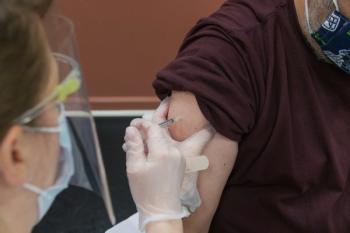
A booster vaccination increases protection against COVID-19 whether homologous or heterologous with the primary vaccine.

Before children were authorized to receive the Pfizer-BioNTech vaccine, living with 1-2 fully vaccinated parents significantly reduced children’s risk of COVID-19 infection during the Alpha and Delta periods.
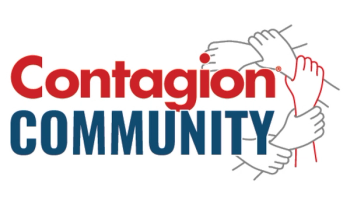
In this first episode of Contagion Community, we interview vaccine research scientist Dr. Leonard Friedland about vaccination disparities in the US and around the world.
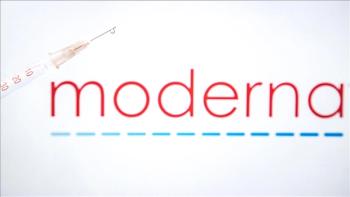
The first doses of Moderna and IAVI’s mRNA HIV vaccine have been administered in the phase 1 IAVI G002 clinical trial.
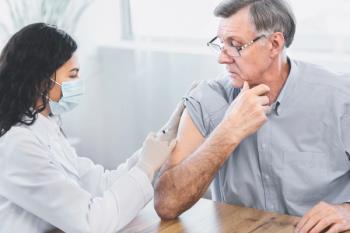
The expectation of COVID-19 vaccination side effects may be leading some placebo recipients to report adverse events in vaccine trials.

Experiencing myocarditis after COVID-19 mRNA vaccination is rare, but more likely among persons under 24 years and male.
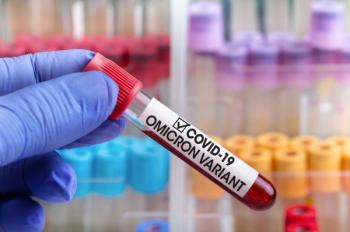
A third dose of the Pfizer-BioNTech or AstraZeneca mRNA COVID-19 vaccines produced sufficient neutralizing antibody titers against the Omicron variant.
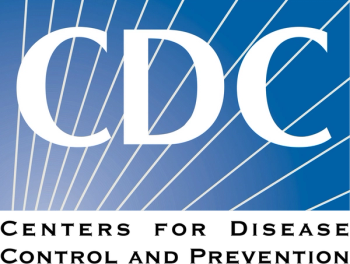
The CDC reported that post-infection immunity paired with COVID-19 vaccination was very protective against the Delta variant.
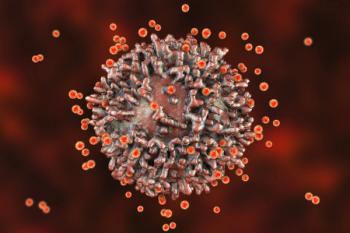
“Memory” CD4+ and CD8+ T cells may explain why Omicron causes less severe disease than previous COVID-19 variants.
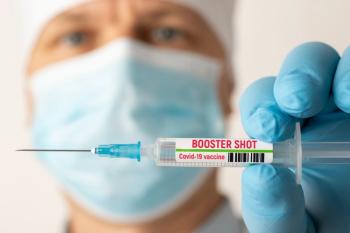
An Israeli study is the first to administer 4 COVID-19 shots, but the boosted antibodies may still not be enough to prevent Omicron breakthrough infections.

Even if they did not experience severe symptoms, unvaccinated people who contract COVID-19 while pregnant are more likely to have poor birth outcomes.
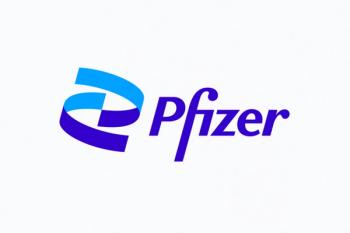
Pfizer reports positive top-line results from a phase 3 study that simultaneously administered Prevnar 20 and its COVID-19 vaccine in older adults.

A model simulated the efficacy of the US’s COVID-19 vaccine rollout, measuring its correlation with reduced hospitalizations and deaths.
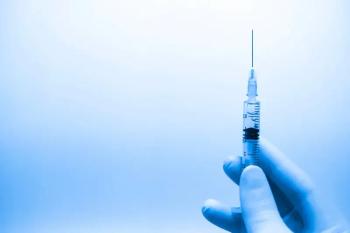
Heterologous vaccine intervention (HVI), receiving immune-boosting vaccinations other than a COVID-19 shot, may alleviate COVID-19 case burdens.
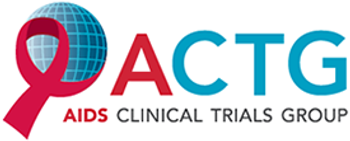
The AIDS Clinical Trials Group (ACTG) is beginning stage 2 trials for Triplex, a novel vaccine for people living with HIV and cytomegalovirus (CMV).
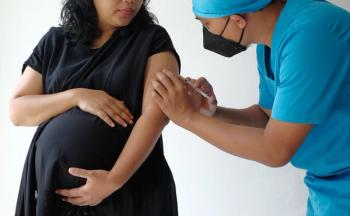
Breastfeeding babies safely receive COVID-19-neutralizing antibodies from their mRNA-vaccinated mothers.

New data suggests an additional “booster” dose of an mRNA COVID-19 vaccine is no longer just recommended but required for protection against the infectious Omicron variant.

The CDC recommends all pregnant women receive a COVID-19 vaccine, finding vaccination does not increase risk of preterm birth or small-for-gestational-age at birth.

A new study found states that offered monetary prizes to randomly selected vaccinated persons did not have significant increases in vaccine uptake.
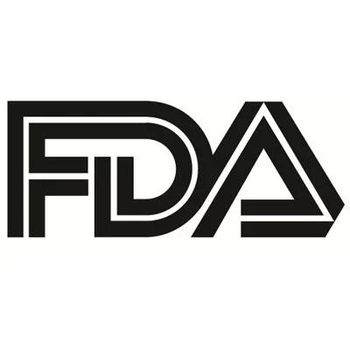
The FDA now recommends Americans 12 years and older receive COVID-19 booster shots. Additionally, they moved to shorten the time in between the second and third dose from 6 months to 5 for Pfizer-BioNTech recipients.